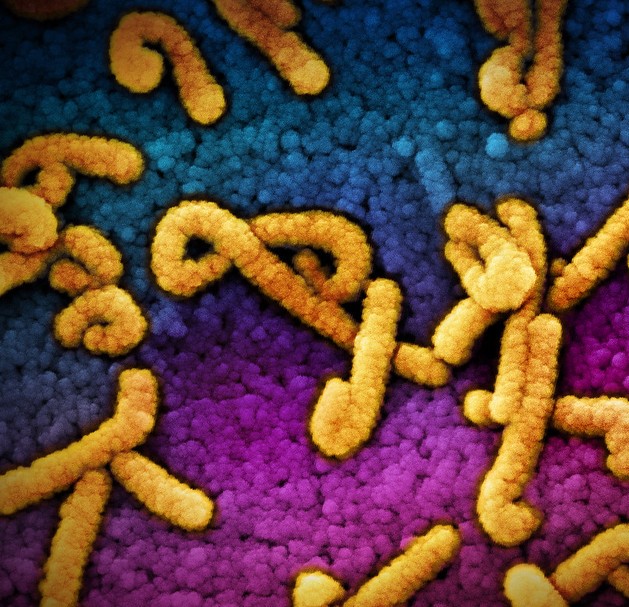More than two dozen scientists warn that the accelerated use of antibacterial products during the COVID-19 pandemic could pose health risks, such as antimicrobial resistance, and that a comprehensive research and policy agenda is needed to understand and limit these potential impacts.
In a review published yesterday in Environmental Science & Technology, the researchers detail the expanded use of products containing quaternary ammonium compounds (QACs), which comprise hundreds of chemical and mixtures and are often found in antibacterial wipes, hand sanitizers, cleaning products, and personal care products. They note that QACs are in roughly 50% of the US Environmental Protection Agency's list of disinfectants effective against SARS-CoV-2, which has likely contributed to their increased use, even though the evidence of QAC effectiveness in reducing transmission of infectious diseases is limited.
In addition, the authors note that, despite their widespread use, most QACs have not undergone rigorous regulatory assessment for potential associations with adverse human and ecological health effects. They go on to review some of the evidence for those health effects, which include dermatitis, asthma, infertility, birth defects, and antimicrobial resistance.
"A substantial body of evidence points to QACs as exacerbating this problem, notably in drug-resistant pathogens of concern, e.g., P. aeruginosa," they wrote. "Exposure of bacteria to disinfectants is expected to result in an increase in resistance, both to QACs and clinically relevant antibiotics."
A substantial body of evidence points to QACs as exacerbating this problem, notably in drug-resistant pathogens of concern.
The authors recommend full disclosure of QACs in all products, closely monitoring their levels in people and the environment, and eliminating uses that are either unnecessary or not proven.
"Our review of the science suggests disinfecting with these chemicals in many cases is unhelpful or even harmful," study co-author Courtney Carignan, PhD, of Michigan State University, said in a press release from the Green Science Policy Institute. "We recommend regular cleaning with soap and water and disinfecting only as needed with safer products."
 Cognitive behavioral therapy (CBT) lessens fatigue and improves concentration among long-COVID patients, finds a Dutch
Cognitive behavioral therapy (CBT) lessens fatigue and improves concentration among long-COVID patients, finds a Dutch 
















